Medical Genetics Section
- Home
- Lab Sections
- Medical Genetics Section

Today, medical genetics is one of the most important branches of genetic science. It is mostly investigates the causes of genetic abnormalities in humans, and by accurately describing the condition and its molecular cause. the technicians in this section are trying to create solutions to prevent the occurrence of the condition, diagnose it before birth, and even treat it. Based on this, the presence of genetic counselors is mandatory in all medical centers, hospitals and specialized clinics.
Chromosome abnormalities can occur during the first formations of fetal cells from egg and sperm or after birth in any of the cells of the body. Changes in the structure of the chromosome can cause the creation of defective genes, which disrupts the function of the proteins made by these genes. Depending on the size, location, time and type of structural changes of the chromosome, it is possible to create different degrees of congenital defects, syndromes or even cancers. While some other chromosomal changes have no effect on a person’s health.
The medical genetics department of Payvand Clinical and Specialty laboratory includes three departments: cytogenetics, molecular cytogenetics, and molecular genetics: in the cytogenetics department, disorders of the number and structure of chromosomes, which are the cause of many genetic syndromes, mental and physical retardation, sterility, sterility, sexual ambiguity and blood malignancies and cancers are investigated.
In the molecular cytogenetic department, FISH technique is used to investigate and identify the location of genes or DNA and RNA sequences directly on the chromosome in order to explore specific sequences with fluorescent markers. Also, in the molecular genetics department, many specialized tests such as multiplex PCR, GAP-PCR, ARMS-PCR, RFLP-PCR, sequencing, MLPA, PCR-QF, NIPT, NGS, etc. It is presented that due to the increase in public awareness of the relationship between genetics and individual health, the request for such tests has been accompanied by an increase.
Experienced personnel of the medical genetics department of the medical and specialized diagnosis laboratory in connection with the use of the latest scientific findings, modern and specialized techniques and technologies, prenatal diagnostic activities of chromosomal disorders (such as Down syndrome, etc.), prenatal diagnosis of thalassemias, cytogenetic diagnosis of infertility, abortion Embryo and genetic diagnosis of malignancies (cancers) and other genetic diseases.
Important indicators of medical genetics include:
- Implementation of quality management system in accordance with national and ISO standards (10002 + ISO 9001)
- Continuous monitoring of the quality of testing with regard to internal and external quality control (in some cases)
- The speed of Genetic testing is less than 24 hours in emergencies.
- Employees with at least a master’s degree in related disciplines with the necessary knowledge and experience
- Applying world-class equipment and technology


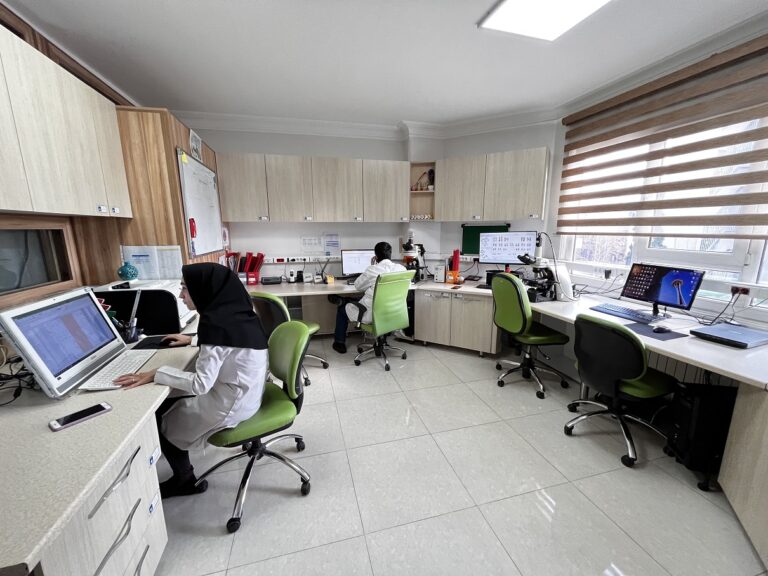
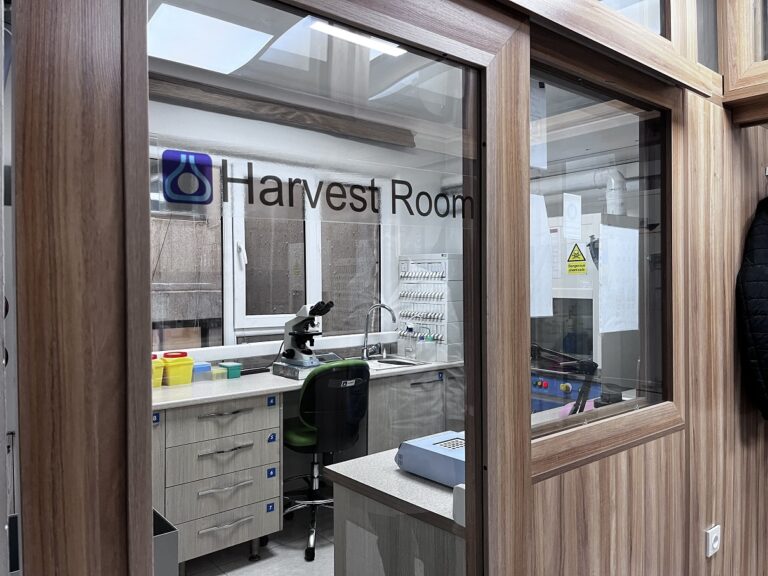
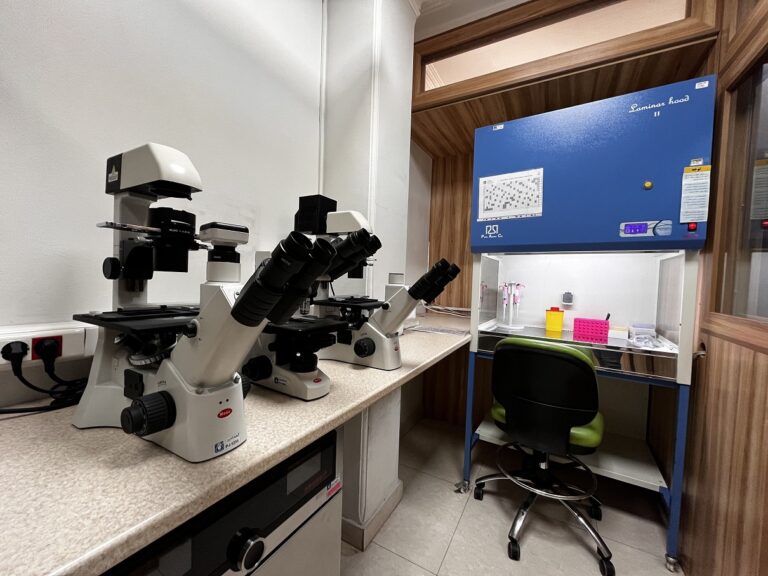
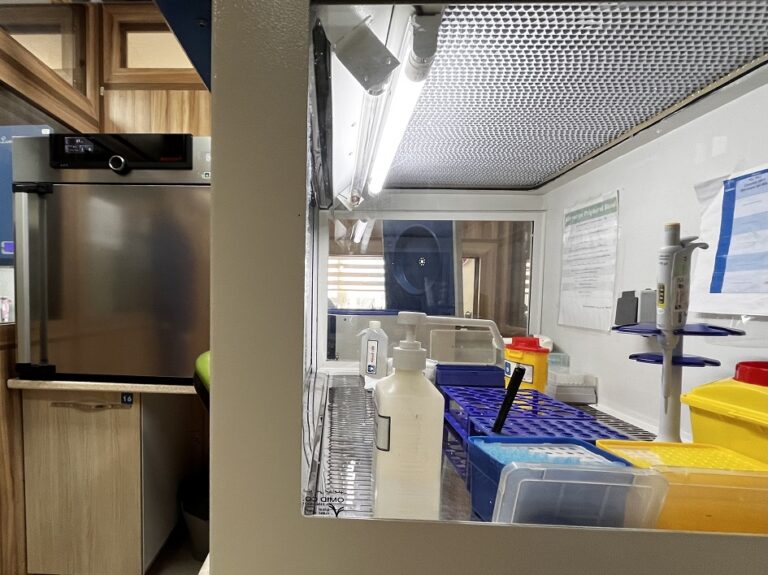
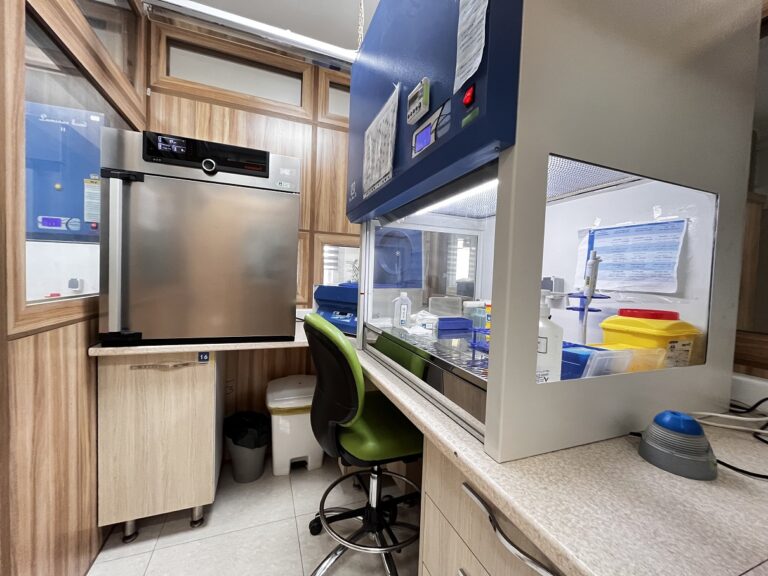
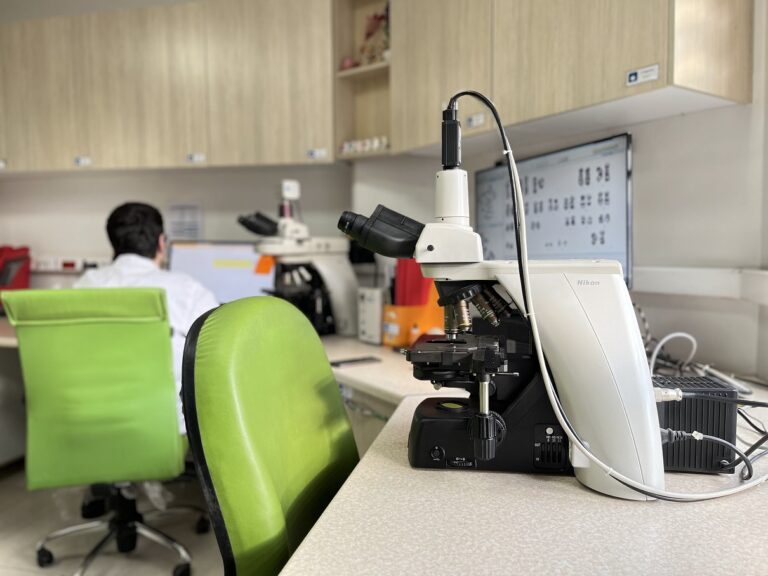
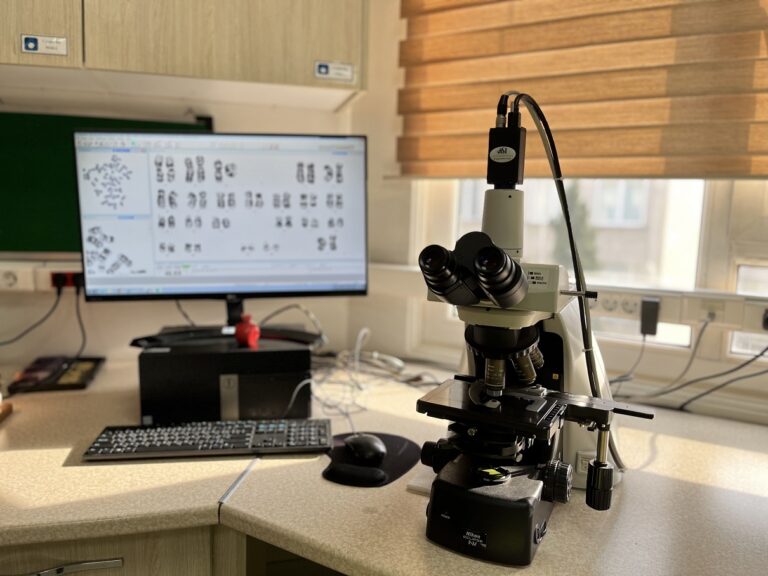
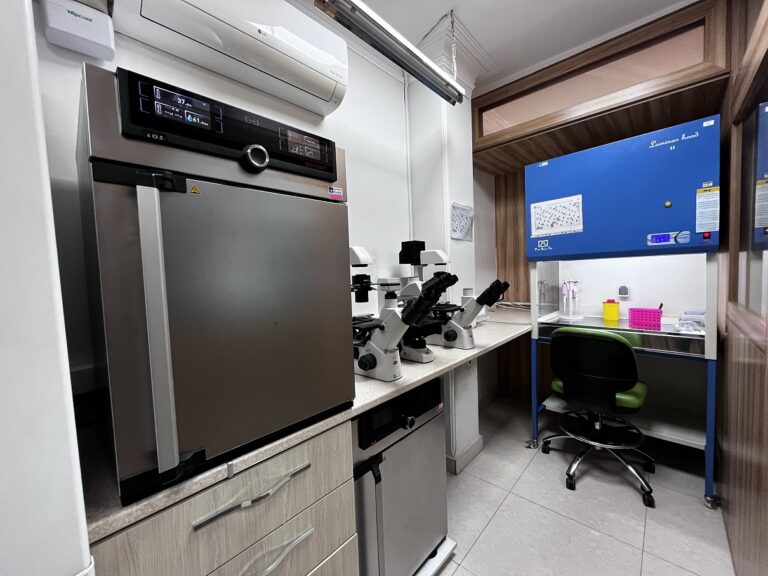
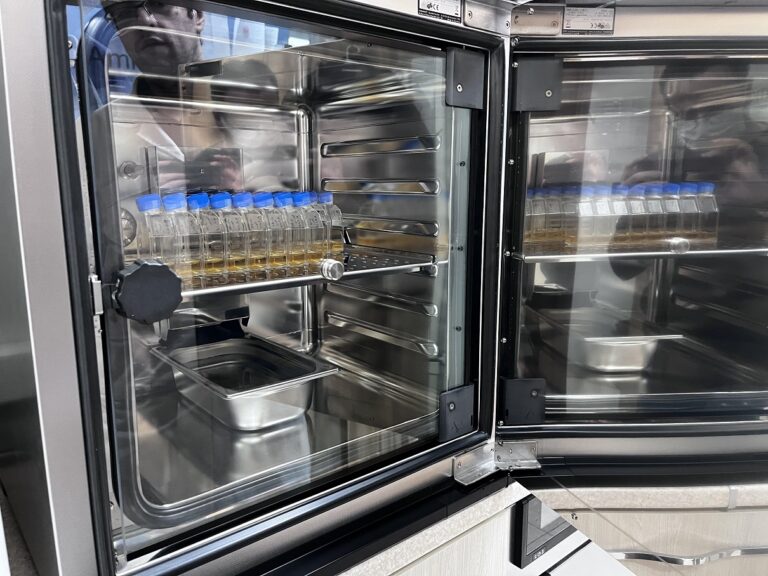
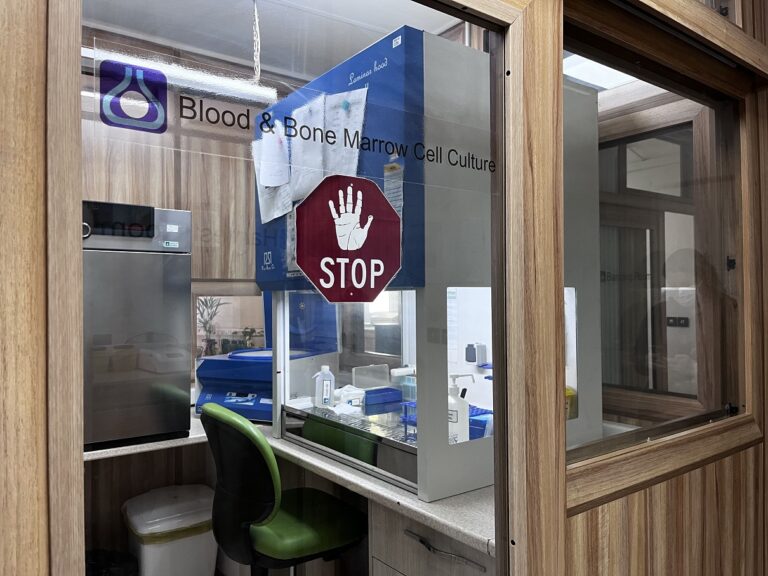
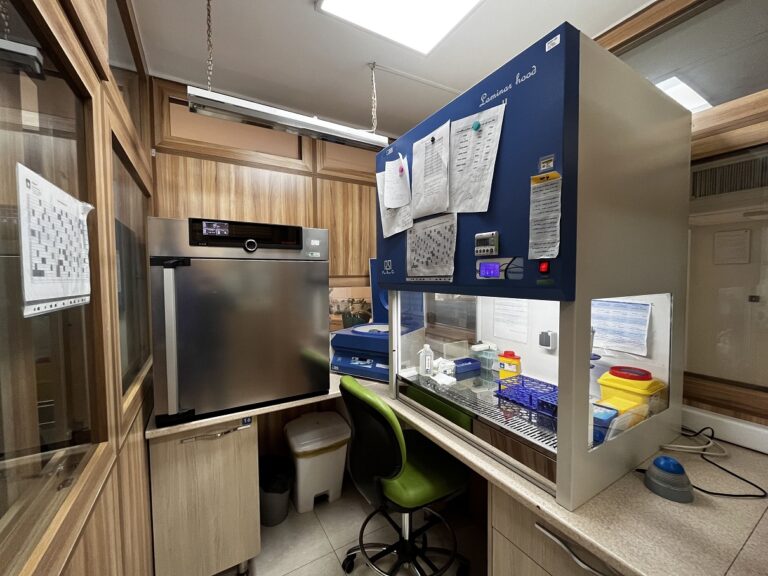
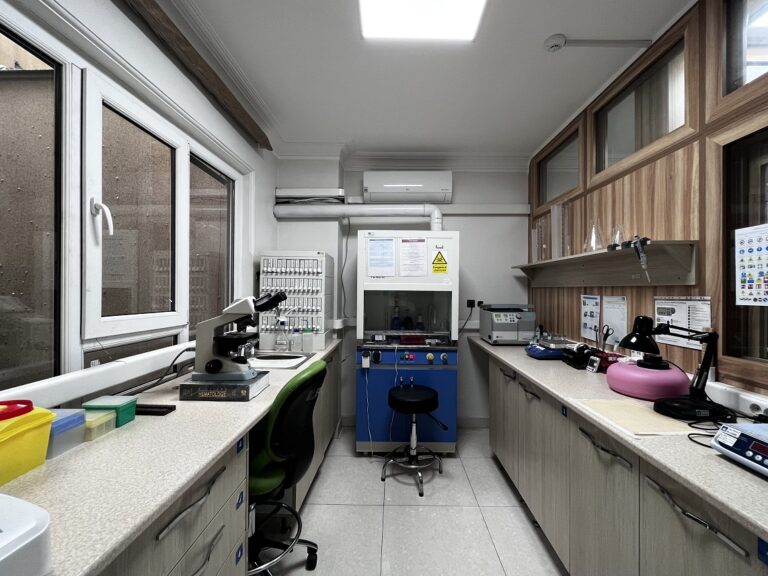
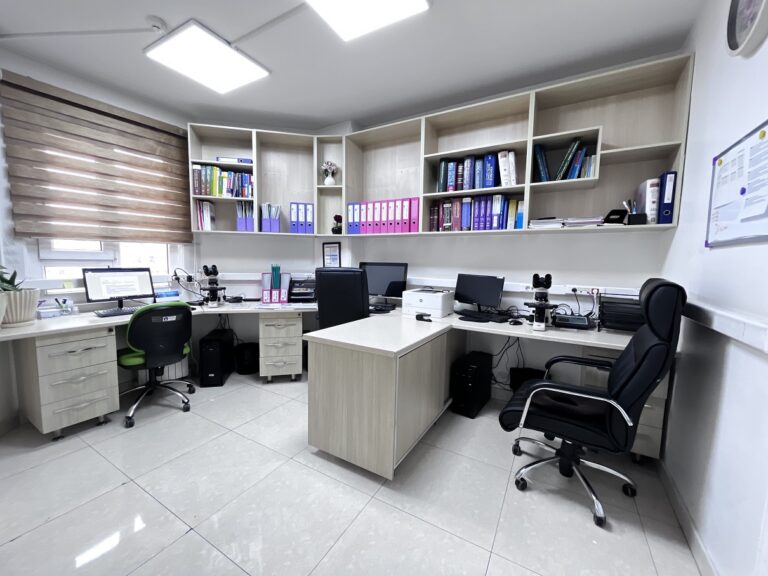
Follow us in